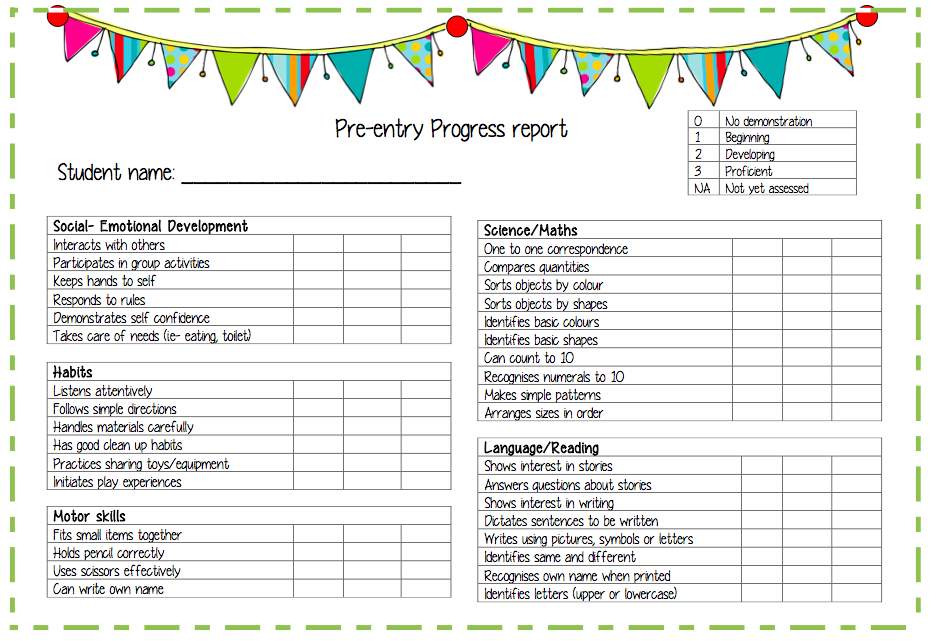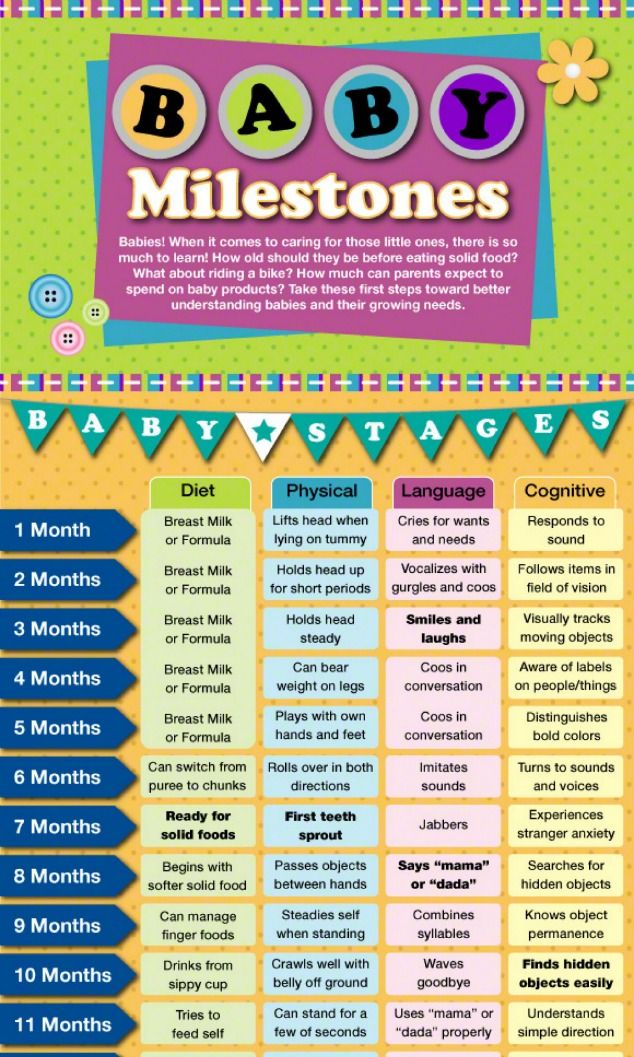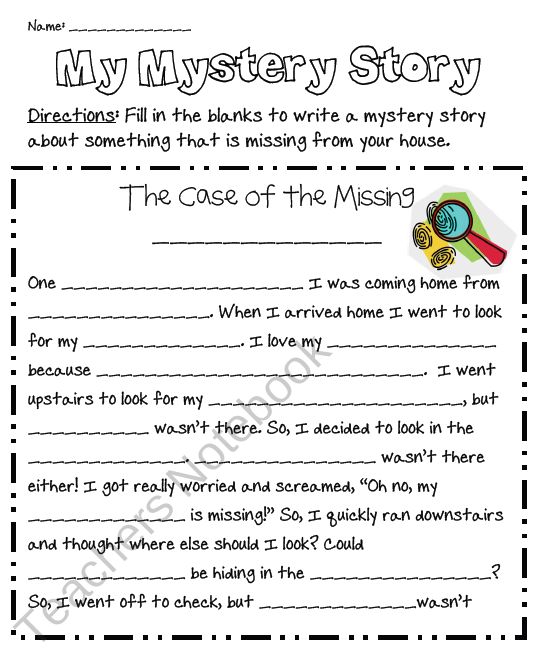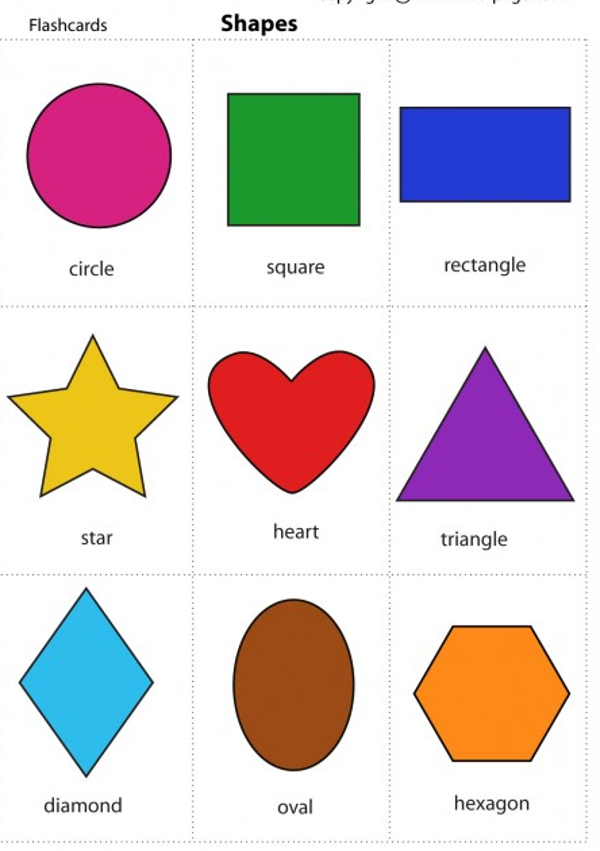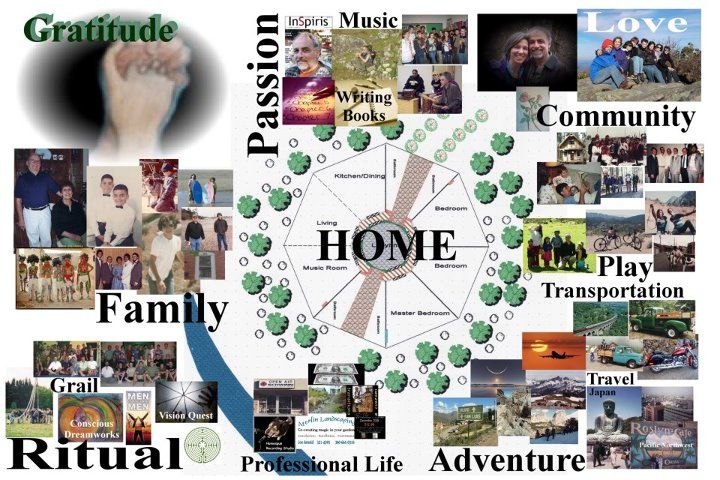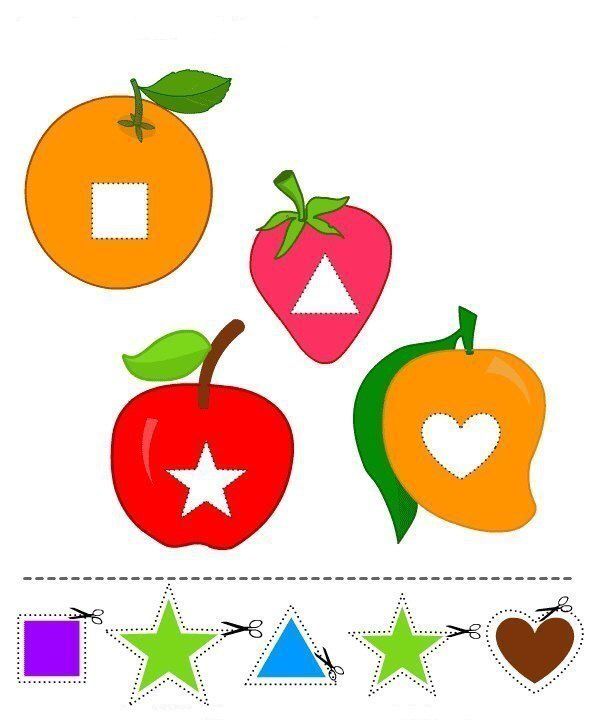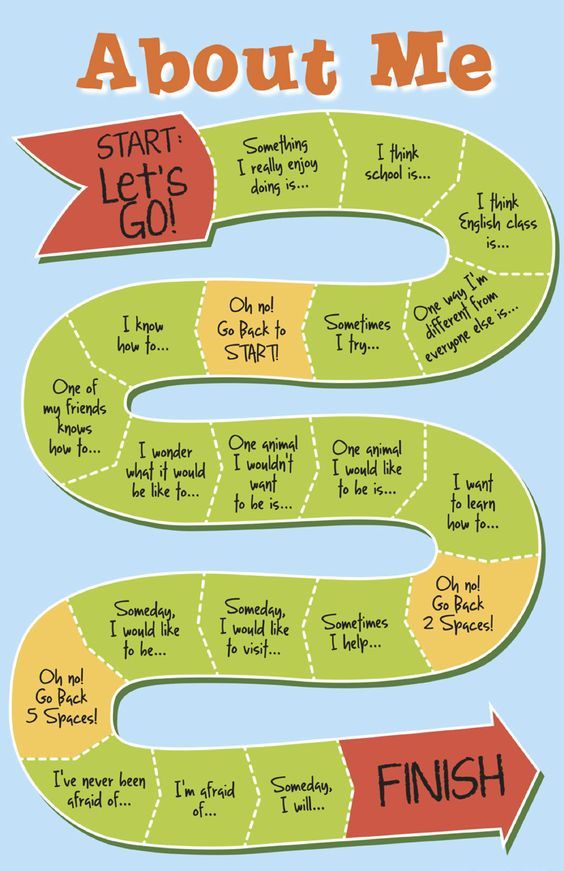Kindergarten social emotional checklist
Social Emotional Developmental Checklists For Kids and Teens
A child’s social emotional development plays a huge role in their ability to find success in school and also later on in life.
According to the Collaborative for Academic, Social and Emotional Learning (CASEL), children’s social and emotional development is important because it lays the foundation for how they learn to
… understand and manage emotions, set and achieve positive goals, feel and show empathy for others, establish and maintain positive relationships, and make responsible decisions.”
I created a series of social emotional developmental checklists to help parents, educators, and counselors gain insight into how they can best support children’s social and emotional development.
These social and emotional developmental checklists are free to download. They are meant to be used as a point of reference. Not every child develops at the same pace, so there might be some variations for some children.
Additionally, these checklists are intended for educational purposes only. If you have any concerns about your child’s development, please contact your child’s pediatrician.
The checklists are based on the five social emotional development core competency clusters set forth by CASEL.
The five core competency clusters are discussed below. I’ve also included questions children can ask themselves in order to help them better understand these terms.
Self-Management
Self-management is our ability to control our feelings, thoughts, and behaviors in different situations. It’s our ability to use appropriate coping skills when we are under pressure and stressed out.
When we control our impulses, set and work toward achieving personal goals, and practice self-discipline, we are displaying good self- management skills.
- What can I do to control my emotions and my reaction right now?
- How can I react to my current situation in a helpful way?
Self-Awareness
Self-awareness is our ability to recognize our feelings and thoughts and how they influence our behavior.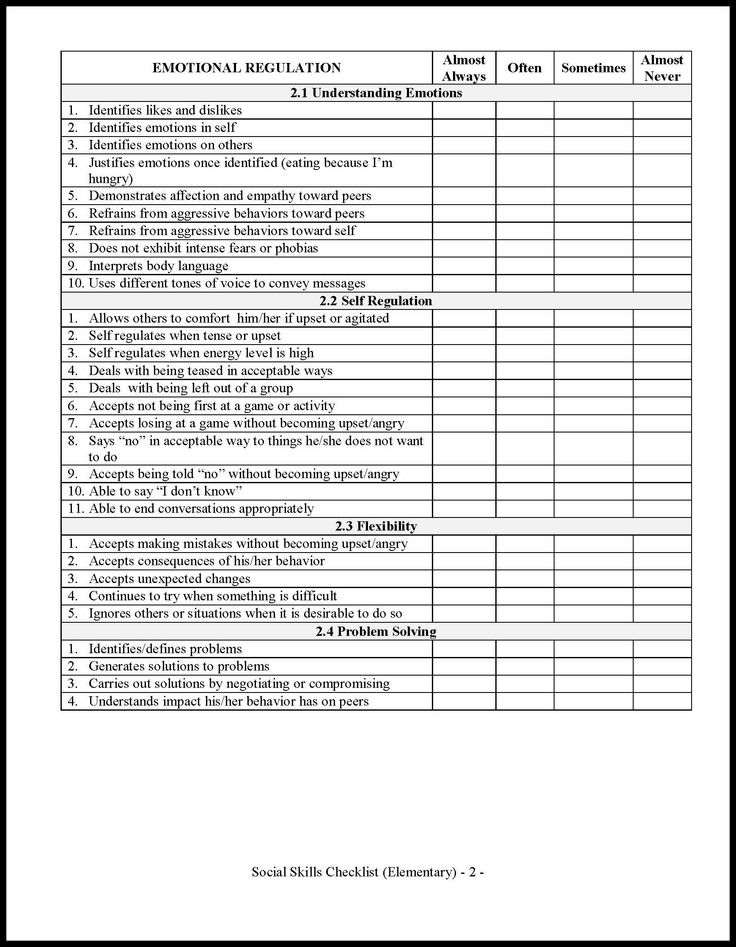 Additionally, when we are self-aware, we can accurately (and confidently) identify the things we’re good at and the things we need to work on.
Additionally, when we are self-aware, we can accurately (and confidently) identify the things we’re good at and the things we need to work on.
- How am I feeling right now?
- Why am I feeling this way?
- What am I thinking?
- What’s causing me to think this way?
- How can I express my thoughts and feelings appropriately?
- What are my strengths?
- What are my limitations?
Social Awareness
Social awareness is our ability to empathize with others and see things from their perspective, even if they are from different cultures or have different backgrounds.
When we’re socially aware, we understand social and ethical norms for how to behave and carry ourselves accordingly.
- How can I better understand someone else’s thoughts and feelings?
- How can I better understand why other people think and feel the way they do?
Related Article: Teaching Children About Tolerance and Diversity
Responsible Decision Making
When we engage in responsible decision-making, we take actions that follow the rules, protect our safety and the safety of others, show respect for ourselves and others, and we show good character.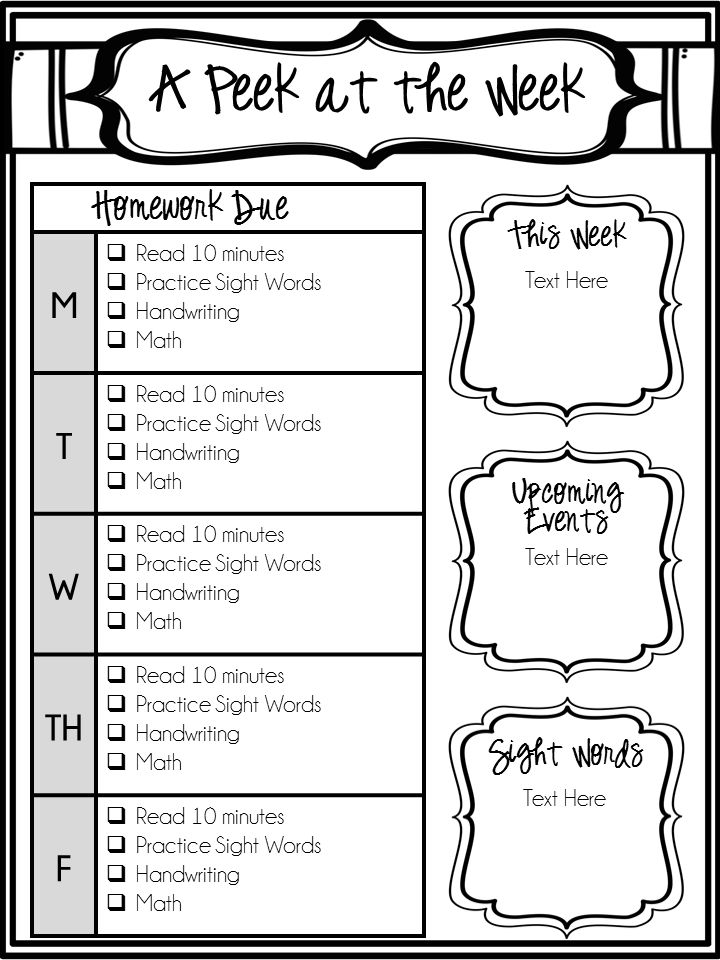
- What are the possible consequences that my actions will have on me and others?
- Are my actions in line with my values and beliefs? Explain
- How can I solve problems creatively?
- Did I consider all possible options? Explain
Related Article: Teaching Children to be Good Decision Makers
Relationship Skills
Having relationship skills means that we are able to make and keep healthy relationships with others, even when they are from different backgrounds or cultures.
We can express ourselves, listen to others, ask for and offer help when needed, resist peer pressure, and resolve conflicts in appropriate ways.
- How can I show genuine interest in this person right now?
- What changes can I make in order to improve how I interact with different people?
- How can I tell other people what I need and want in an appropriate way?
Below are the social emotional developmental checklists. These checklists are free to download when you sign up for our monthly newsletter, the Social Emotional Tool Box.
These checklists are free to download when you sign up for our monthly newsletter, the Social Emotional Tool Box.
When you sign up here for the newsletter, you also gain VIP access to our library of free social emotional learning resources.
I hope you find these social emotional developmental checklists helpful. If you have any questions, feel free to email me at [email protected]
Sources
Bradberry, T., & Greaves, J. (n.d.). Emotional intelligence 2.0
http://www.cdc.gov/ncbddd/actearly/milestones/index.html
https://www.psychologytoday.com/blog/great-kids-great-parents/201211/self-awareness
http://www.zerotothree.org/child-development/social-emotional-development/social-emotional-development.html
http://www.pbs.org/parents/childdevelopmenttracker/three/socialandemotionalgrowth.html
http://psychology.about.com/od/early-child-development/a/social-and-emotional-milestones.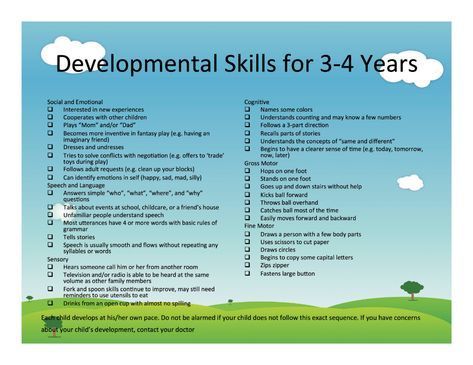 htm
htm
Kindergarten readiness: Social and emotional development
Carrie Shrier, Michigan State University Extension -
The National Education Goals Panel has identified five essential areas of school readiness. This is the first of five articles exploring these critical skills children need to be Kindergarten ready.
Children's emotional and behavioral adjustment is important for their chances of early school success.Is my child ready for Kindergarten? What do they have to know to be successful? What can I do to help my child do well in school? Parents have a lot of questions and concerns about their child’s school readiness. Michigan State University (MSU) Extension will be exploring the five essential areas of school readiness, as identified by the National Education Goals Panel, in a series of articles.
Michigan State University (MSU) Extension will be exploring the five essential areas of school readiness, as identified by the National Education Goals Panel, in a series of articles.
The five essential areas of school readiness are: social and emotional development; approaches to learning; language and literacy; cognition and general knowledge; and physical development and health. This first article will focus on social and emotional development.
When “school readiness” is discussed, many people think of children learning their ABCs and 123s, colors, shapes and other traditional academic skills. However, as Dr. Barbara Smith from the University of Colorado- Denver stated in the article “Linking Social Development and Behavior to School Readiness,” the last two decades of research have made it unequivocally clear that children’s emotional and behavioral adjustment is also important for their chances of early school success.
What is social and emotional development? Great Start has defined social and emotional health as “a young child’s growing capacity to form close personal relationships with other people, especially parents and caregivers; express and manage emotions; and to explore new environments. ” These skills include enjoying interactions with others, making and keeping friends, appropriately expressing a wide variety of emotions, calming down when upset without hurting others, being curious about the people and things around him or her, and liking to discover new things.
” These skills include enjoying interactions with others, making and keeping friends, appropriately expressing a wide variety of emotions, calming down when upset without hurting others, being curious about the people and things around him or her, and liking to discover new things.
Research shows the link between social and emotional skills and school success is so strong, it is a greater predictor of childrens’ academic performance in the first grade than their familial background and their cognitive abilities. Why is this link so strong? Simply put, we know that learning is a social process. Children cannot learn when they are struggling to follow directions, get along with their peers and control their emotions in a classroom setting. When children struggle with these skills, they are more likely to have social troubles at school, resorting to inappropriate expressions of frustrations such as hitting, biting and screaming. The study, “The scientific base linking social and emotional learning to school success” by Zins, Bloodworth, Weissberg and Walber, has proven the link not only between social and emotional competence and school success, but also between antisocial behavior and poor academic behavior.
The key social and emotional skills identified for school success, as outlined in Dr. Smith’s article, are:
- Getting along with others (parents, teachers and peers)
- Following directions
- Identifying and regulating one’s emotions and behavior
- Thinking of appropriate solutions to conflict
- Persisting on task
- Engaging in social conversation and cooperative play
- Correctly interpreting other’s behavior and emotions
- Feeling good about oneself and others.
Although many people think of school readiness as academic preparedness, MSU Extension recommends parents look differently at what it means to be ready. School readiness skills most directly associated with academic success are often referred to as “social and emotional health” skills. Research shows high quality pre-school programs provide one the best opportunity to prepare your child for Kindergarten and their academic career.
It is important for parents to be aware that Michigan has only one requirement for Kindergarten entry: children must be five years old on or before the cut-off date of September 1. For many years in our state, all children with birthdays on or before December 1 of that year were eligible to attend Kindergarten. This cut-off date was historically later than most other states. Michigan law was changed, gradually phasing in an earlier cut-off date and bringing Michigan more in-line with other states. An "early entry" or waiver option remains available for children with birthdays between September 1st and December 1st.
For questions regarding your child’s enrollment in Kindergarten and their individual readiness, contact your local school district. More information about early childhood education and the early learning framework can be found at the National Head Start website.
This article was published by Michigan State University Extension. For more information, visit https://extension.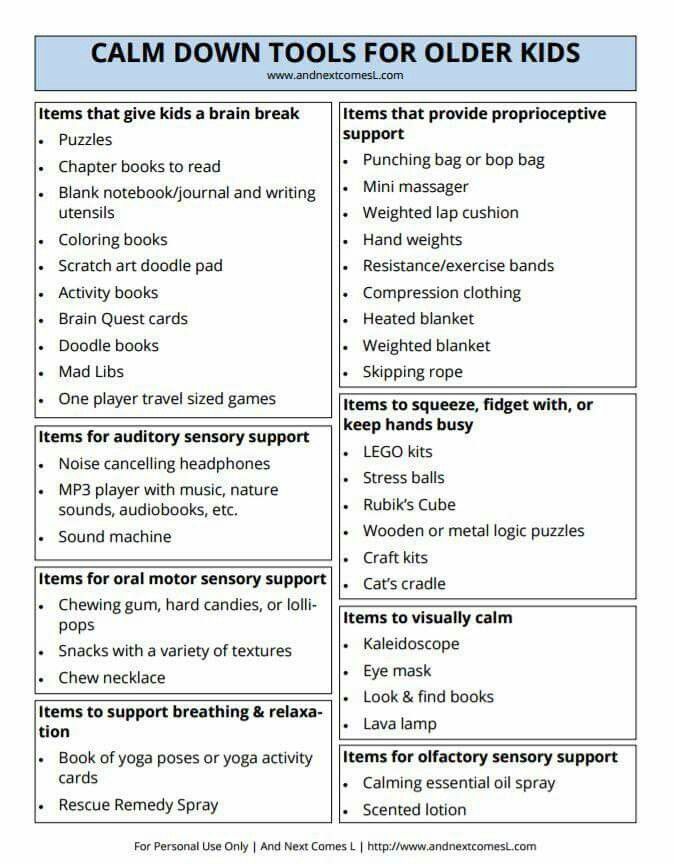 msu.edu. To have a digest of information delivered straight to your email inbox, visit https://extension.msu.edu/newsletters. To contact an expert in your area, visit https://extension.msu.edu/experts, or call 888-MSUE4MI (888-678-3464).
msu.edu. To have a digest of information delivered straight to your email inbox, visit https://extension.msu.edu/newsletters. To contact an expert in your area, visit https://extension.msu.edu/experts, or call 888-MSUE4MI (888-678-3464).
Did you find this article useful?
Socio-emotional direction
Socio-emotional development is the purposeful development in a child of a conscious emotionally positive attitude towards himself, other people, the world around him, the ability to deal with emotional states, opinions and desires of himself and others, as well as the development of socially significant skills of behavior in society.
The formation of these qualities by the end of preschool age will provide the basis for the further development of such significant personal formations as: the ability for creative self-expression, self-realization and self-development. Ultimately, ensuring the social and emotional well-being of a person is the formation of a sense of self-confidence, harmonious interaction with society and life success.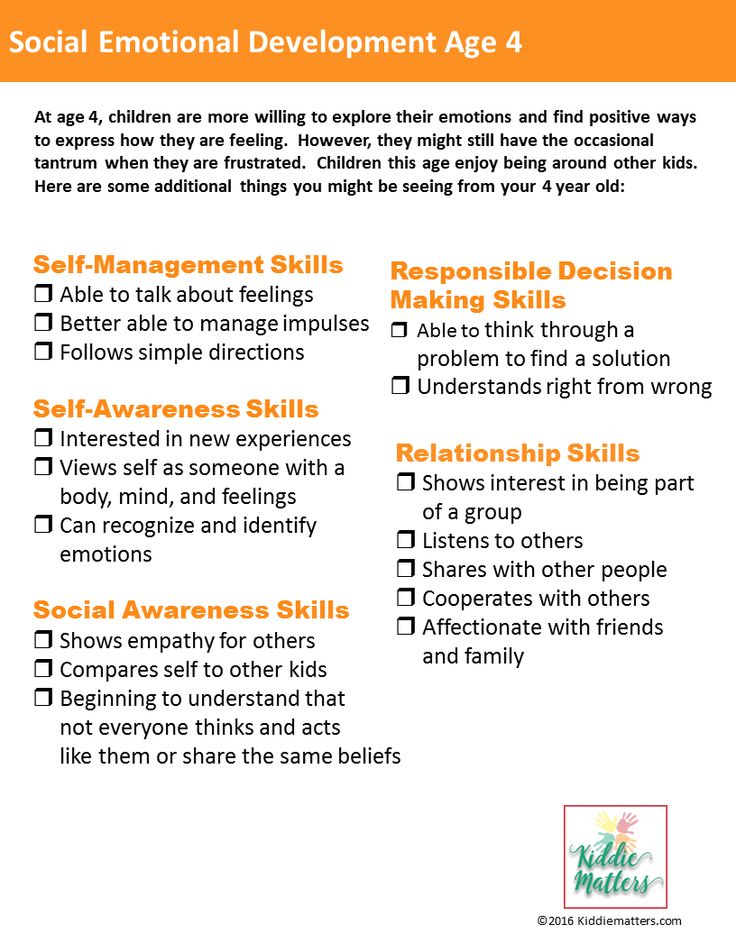
The content of social and emotional upbringing and development is realized through specially organized forms, types of joint activities of the educator with children (interactive games, training games, experimenting games, children's projects).
In the kindergarten "Nightingale" under which each pupil has the opportunity to realize their social needs and creative potential, to live happily through childhood in a comfortable and cozy environment, to feel love and significance for all the people around him.
Acquaintance with basic emotions occurs both during the entire educational process and in special classes, where students experience a variety of emotional states, get acquainted with the experience of peers, as well as with literature, paintings, films, cartoons, performances and music, that evoke emotions and feelings. The significance of such activities lies in the fact that children expand the range of conscious emotions, they begin to better understand not only their own feelings, but also the feelings of the people around them. Developing feelings, desires and views, our teachers teach to be attentive to each other's moods, to understand and clearly express their emotions, taking into account the mood and opinions of others.
Developing feelings, desires and views, our teachers teach to be attentive to each other's moods, to understand and clearly express their emotions, taking into account the mood and opinions of others.
Independent activity of a child in a specially organized environment gives him the opportunity to express himself, acquire social skills in communication with peers techniques of expressive movements, playing sketches, active use of facial expressions and pantomime. With their help, the social and emotional sphere of preschool children develops. Children learn to get acquainted with the help of the exercise “Hello, it's me”, “Let's get to know each other”. Problem situations or plots for dramatization games “A new friend came to us”, “I accidentally ...”, “What to do if ...” are widely used in working with preschoolers. As a result, children understand that friendship gives the joy of communication and you need to be able to deliver this joy to another person.
Developing the emotional sphere of the pupil, teaching him to understand his emotions and show them is the task not only of the teacher-psychologist, specialists and educators of preschool educational institutions, but also of parents. Therefore, kindergarten has an integrated approach to this problem.
Therefore, kindergarten has an integrated approach to this problem.
For parents and teaching staff, workshops, trainings, individual consultations are held, poster information is drawn up on the problems of developing the socio-emotional sphere of children.
Emotional intelligence in children - Virilis
Yarygina Olga Yurievna tells
Psychologist of the children's medical center "Virilis"
The term emotional intelligence was coined in 1990 and popularized in Daniel Goleman's book Emotional Intelligence in 1995.
What is "emotional intelligence"? It is a set of skills and abilities that enable a person to successfully communicate with other people and relate to other people (EQ). These skills include:
- understanding one's own emotions
- recognizing other people's emotions
- empathy - emotional sensitivity and responsiveness to other people
- the ability to regulate one's emotions
- development of restraint skills - the ability to understand when it is better not to say or do something.
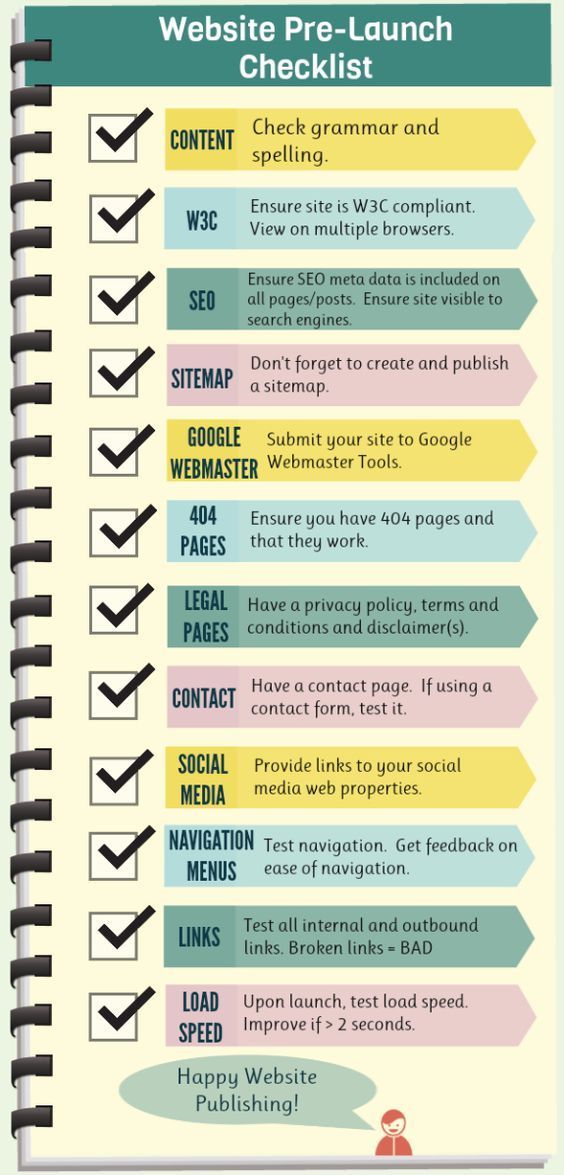
Emotional intelligence is provided by five main components: self-awareness, self-management, social awareness, motivation and relationship management.
Strong self-awareness and self-control allows you to control your initial impulses or any anxiety that may arise during communication. A highly developed sense of empathy is a part of social awareness that allows you to see the situation from the other person's point of view so that they feel heard. And conflict resolution is an important part of relationship management.
Developing emotional intelligence skills helps young people succeed in life. Modern research has found a strong consistent relationship between high levels of emotional intelligence and success in life, for example:
- EQ is a better predictor of employee performance than cognitive intelligence (IQ). Almost 85% of financial success is due to personal qualities and the ability to communicate, negotiate and lead. Only 15% of your financial success is due to the sum of your professional knowledge and skills.
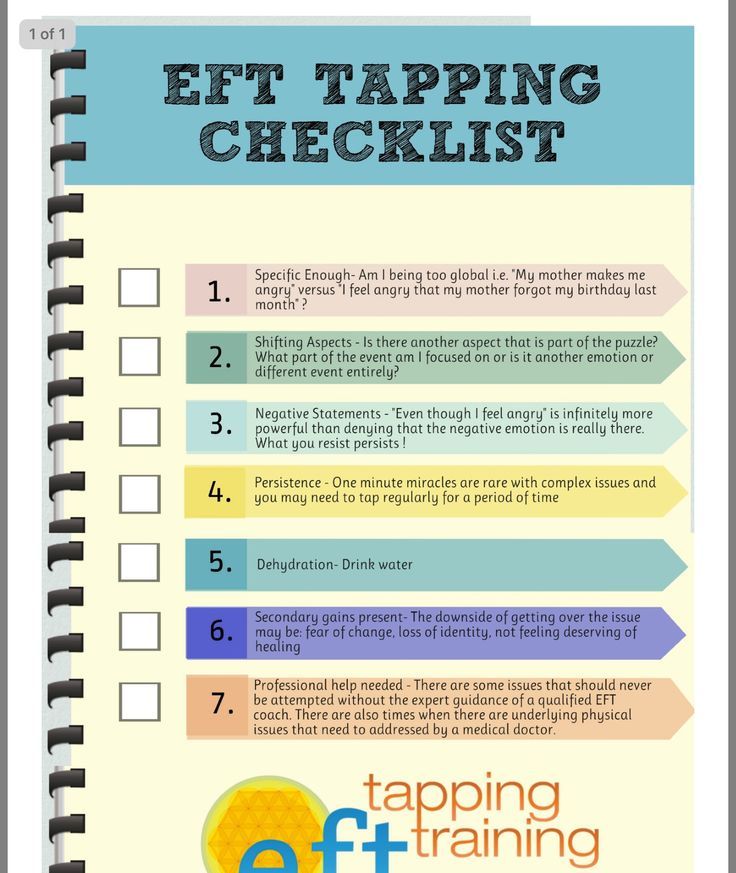
- Emotional intelligence provides better survival in difficult conditions
- People who occupy the highest position in society have excellent skills in self-awareness, self-regulation, self-motivation, empathy and emotional intelligence.
- High emotional intelligence predicts successful friendships and romantic relationships.
People with low (or no) emotional intelligence often make the mistake of being aware of and using only their own feelings. As a result, they cannot truly connect emotionally with their environment and the people around them. The most emotionally intelligent people know that in addition to understanding their own emotions, it is important to understand the emotions of others and how their environment affects those emotions.
Emotional intelligence in children
Emotional intelligence in children is primarily the ability to understand their emotions and cope with them. This helps children express their feelings in a healthy way. Understanding his own emotions, the child learns to recognize the feelings of other people, understanding what they are connected with, and what they will lead to another person.
This helps children express their feelings in a healthy way. Understanding his own emotions, the child learns to recognize the feelings of other people, understanding what they are connected with, and what they will lead to another person.
How to develop emotional intelligence in a child? Emotional intelligence needs to be nurtured and developed, just like cognitive abilities. Children need to be taught about emotional intelligence so that they can properly express and manage their feelings. The following are ways to develop emotional intelligence in children.
How parents can help children develop EQ
Definition of feelings and expression of emotions.
You can help the children identify their own feelings by noticing their emotions and reflecting them by asking, “You look a little upset. How do you feel? Tell me please! or “I wonder if you’re angry? What do you think?" This will allow the child to learn to identify their emotional states, understand what caused them and learn to respond to emotions verbally.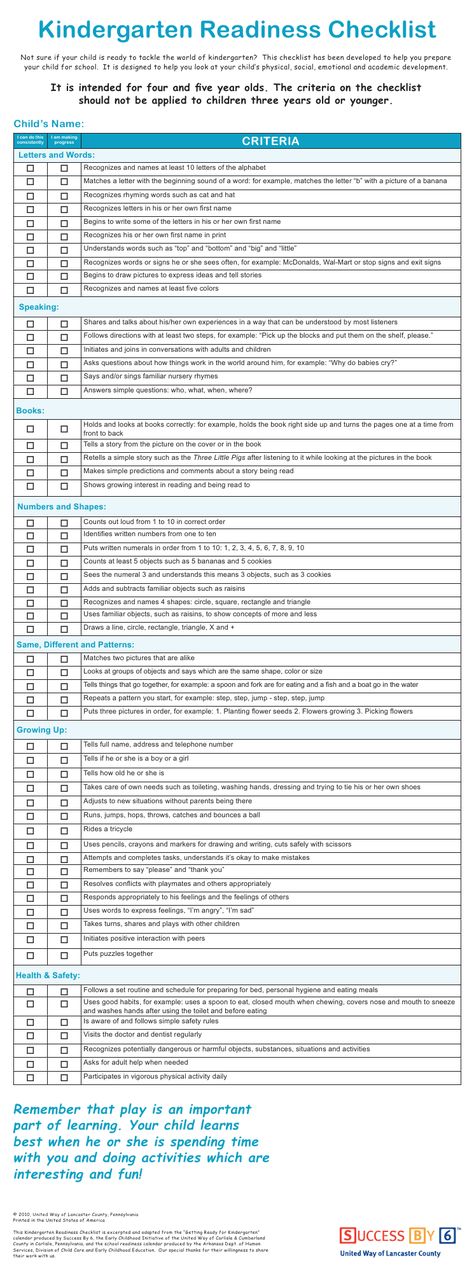
Young children can be taught to recognize emotions in face pictures or emoticons, which range from happiness and calmness to sadness and anger. A child can be taught to use emoticons to convey his condition to his parents, while he still cannot describe such feelings as “happiness”, “irritation”, “resentment”.
Understanding language is very important for a child. The language people speak is closely related to who they are or who they aspire to be. Language can be a big barrier when children need to express their emotions freely. It is necessary to teach the child simple and understandable terms with which he can describe his emotional state. In the future, as they grow older, it is necessary to teach children the normal language that adults communicate in.
After you understand how to communicate with your child, it is very important to start talking about emotions with him. While talking to your child, ask him what he is struggling with and how he feels. Label their emotions as anger, sadness, anxiety, depression, etc.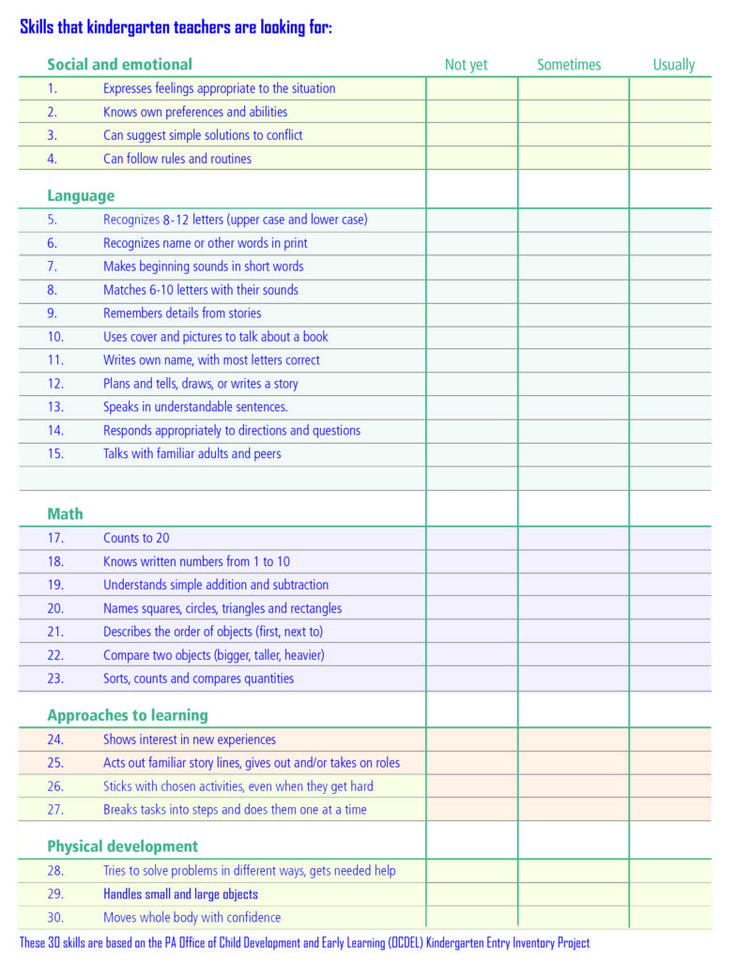 , according to the response. Describing the emotion is the first step towards self-regulation. Emotional regulation develops through careful study of the child's behavior. If he can determine the description of the key emotion that determines his state, it will be easy to regulate.
, according to the response. Describing the emotion is the first step towards self-regulation. Emotional regulation develops through careful study of the child's behavior. If he can determine the description of the key emotion that determines his state, it will be easy to regulate.
It is important to teach children appropriate ways to express their feelings in a socially acceptable way. Remember that children do what their parents do, not what their parents tell them to. Therefore, children will learn to respond to negative emotions in the same way as their parents, that is, you, react. Research shows that emotionally intelligent parents are more likely to have children with well-developed emotional intelligence. Therefore, when communicating with children, show them the need to express feelings through the way you communicate with them.
If you show and tell your child about how you feel about his emotions, he will be more free to express his opinion to you. The development of emotional intelligence in children requires that both the child and parents freely communicate with each other without boundaries.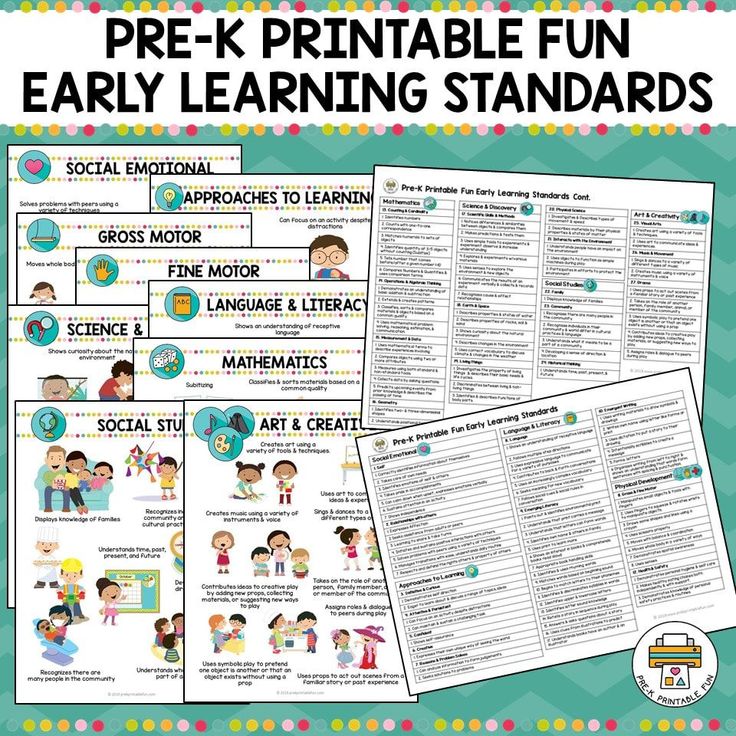 Since a child can easily hide some information, it is important to create an environment in which he can share without fear - after all, it is important to learn how to respond to negative emotions, and not suppress them. Suppressed and forced into the unconscious negative experiences will sooner or later manifest themselves in the form of anxiety, anxiety, fear, depression or psychosomatic disorders, when instead of the soul, the child's body begins to suffer. Such psychosomatic diseases include dermatitis, allergies, sleep disturbances, bronchial asthma, diseases of the digestive system, and even cancer.
Since a child can easily hide some information, it is important to create an environment in which he can share without fear - after all, it is important to learn how to respond to negative emotions, and not suppress them. Suppressed and forced into the unconscious negative experiences will sooner or later manifest themselves in the form of anxiety, anxiety, fear, depression or psychosomatic disorders, when instead of the soul, the child's body begins to suffer. Such psychosomatic diseases include dermatitis, allergies, sleep disturbances, bronchial asthma, diseases of the digestive system, and even cancer.
Comfort
Children need to be taught to calm down when upset or agitated, which is also an important emotional intelligence skill. Parents can help children with this by teaching them to rate their level of frustration on a scale of 0 (not expressed) to 10 (cannot control it), and then start talking about ways to calm down (but only when they are not angry or crying).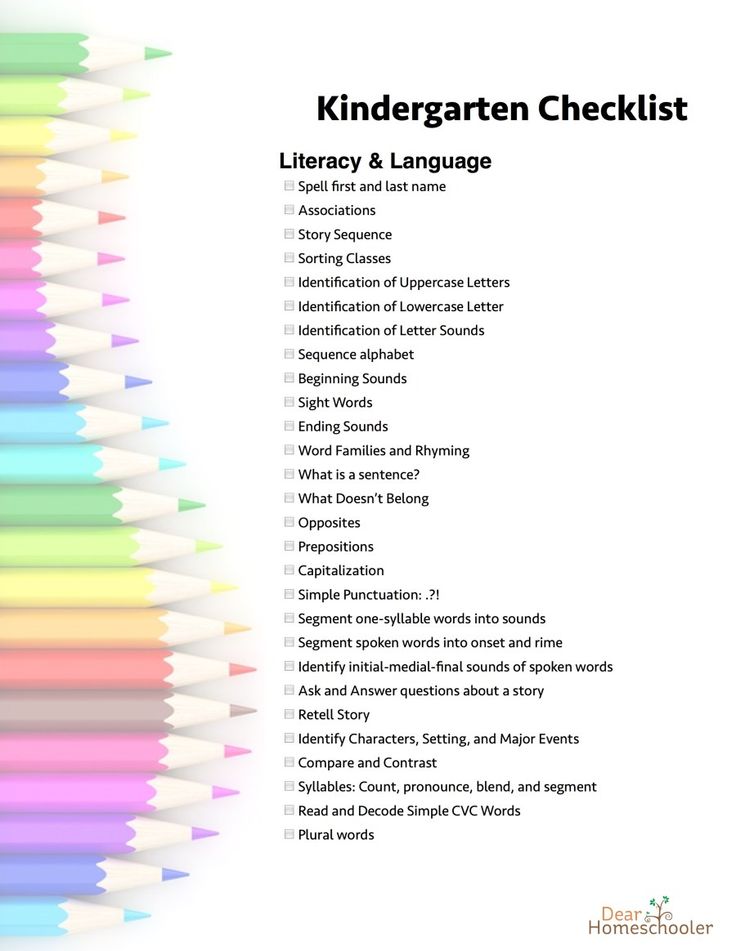 The child is taught how to go down the scale of feelings. The ability to regulate their emotions and behavior is very different in different children (and adults). Some need only space and time, while others, if left alone, can easily lose their temper. Some just need time, while others need to actively blow off steam.
The child is taught how to go down the scale of feelings. The ability to regulate their emotions and behavior is very different in different children (and adults). Some need only space and time, while others, if left alone, can easily lose their temper. Some just need time, while others need to actively blow off steam.
You can advise the children to take a few deep breaths to calm their bodies when they are angry, or to count to 10 before responding to rudeness or something that makes them angry or annoying.
It is important to pay attention to children's feelings, especially when their emotions are running high. It's always good to show concern when you notice something unpleasant going on with your child. If there's nothing you can do about a child's emotions, just sympathize. Simple sincere sympathy eliminates the negative emotions that disturb the child. Empathy does not mean that you agree with what the child is doing or going through. It just shows that you see things from their point of view, and you are close to him. In addition, children themselves develop empathy when they receive it from others.
In addition, children themselves develop empathy when they receive it from others.
Teaching children emotional intelligence should include problem solving skills. Like any other problem, emotions need to be handled properly. Children need to be taught to deal with emotions without antagonizing or blocking them. Emotions, no matter how hard they are, must be accepted and lived. Once you have accepted your emotions, the negative feelings begin to fade away. It would be helpful if you taught your child to track the flow of their feelings.
While there are children who can solve problems on their own, there are others who will need your help. However, you should only participate in their problem-solving exercise if you understand the need or if the children themselves ask for your help. If you help your child all the time, he loses confidence in his ability to solve problems on his own.
Understanding other people's emotions
A third skill that parents can help children learn is to tune into and pick up on other people's emotions.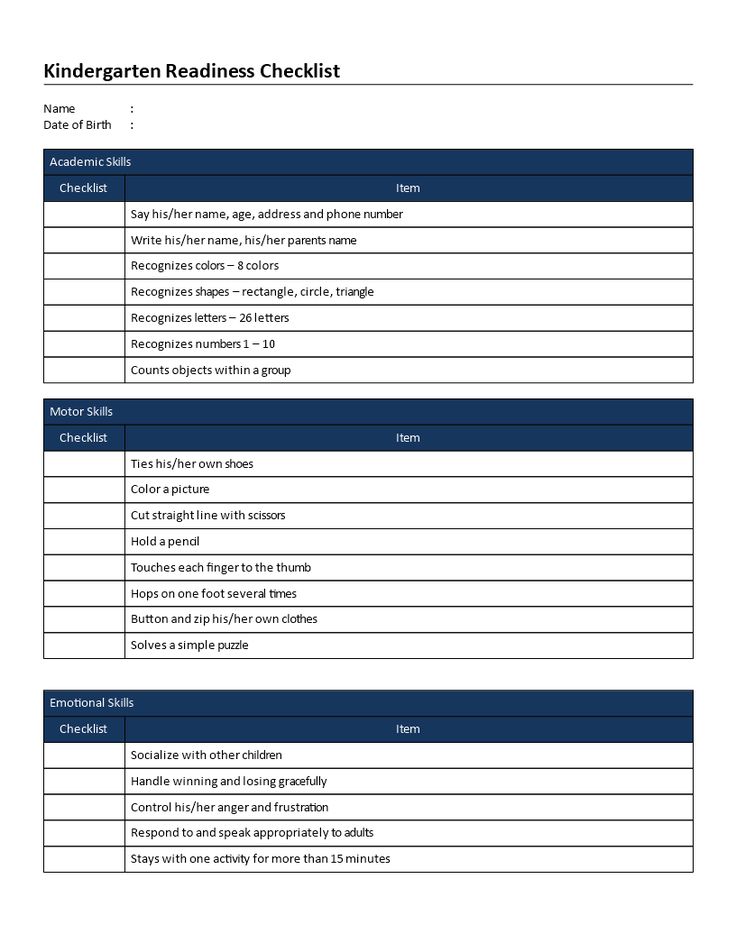 This may include playing a guessing game with the children, such as “How do you think this person is feeling?”, “How do you think this person had a day?”, or “What mood is this person in? What does he feel? Why?"
This may include playing a guessing game with the children, such as “How do you think this person is feeling?”, “How do you think this person had a day?”, or “What mood is this person in? What does he feel? Why?"
It can be good fun for kids as it combines spy game with mind reading. It is also helpful for children to learn to read facial expressions, so similar questions can be asked using photographs of faces in magazines, newspapers, and television programs.
As the children become more proficient in guessing the emotion, the children can be encouraged to play the same games using only the eyes. The ability to read emotions through the eyes gives children a high level of emotional intelligence skills. The easiest way to do this is to take photos of people's faces from magazines and use other sheets of paper to make paper masks that cover everything but the eyes (like a ninja). Then ask the children the same questions as with the pictures of faces. You will be surprised how quickly children learn even such complex tasks.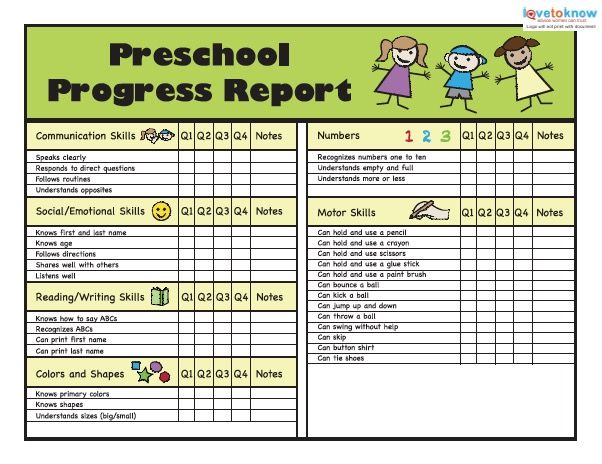 By the way, if you yourself don’t understand very well how to recognize the emotions of other people, reconsider the series “Lie to Me”, which was filmed under his direction of the author of the theory of micro-emotions, Paul Ekman. The series shows real techniques and technologies for recognizing people's emotions used by special services.
By the way, if you yourself don’t understand very well how to recognize the emotions of other people, reconsider the series “Lie to Me”, which was filmed under his direction of the author of the theory of micro-emotions, Paul Ekman. The series shows real techniques and technologies for recognizing people's emotions used by special services.
Predicting other people's actions
It is also useful to learn to predict the subsequent actions of people in certain emotional states. Practice can be done by stopping the cutscenes and asking the kids to guess what the characters going through certain emotions will do next.
When to contact a psychologist?
Unfortunately, not all children are capable of developing emotional intelligence. There are a number of diseases and conditions in which the ability to understand the emotions of others and empathize with them will be impaired. Such problems can be observed in personality disorders, autism spectrum disorders, general cognitive retardation, impaired memory of people's faces, and alexithymia (inability to verbally express one's emotions).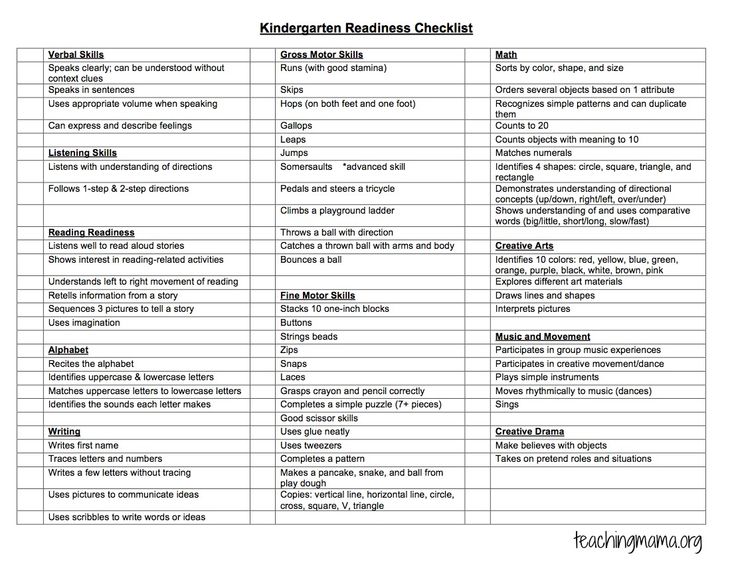
People with personality disorders can also have very high emotional intelligence. So narcissists and Machiavellians, who are able to subtly manipulate other people, use their ability to recognize other people's emotions to do this. Unlike healthy people, such people remain insensitive (when they themselves wish it) to the experiences of others and are completely devoid of empathy.
Signs of low emotional intelligence are:
Low self-esteem: A child with low emotional intelligence will always fight to be right. He is always arguing with others and does not want to listen to other people's opinions. This is because such children find it difficult to express emotions. They tend to focus on their mistakes, which makes it difficult for them to move on.
Lack of empathy: Children with low emotional intelligence cannot distinguish between right and wrong behavior. They often say the wrong things at the wrong time. They may make inappropriate remarks or joke when they shouldn't. Since they are not good at understanding the emotions of others, they are likely unable to interpret the emotional atmosphere they are in.
Since they are not good at understanding the emotions of others, they are likely unable to interpret the emotional atmosphere they are in.
Lack of responsibility for one's own actions and blaming others. Since these children have difficulty understanding the situation of others and always strive to be right, children with low emotional intelligence often create problems. And they don't want to be held accountable for the problems caused by their actions. If a problem arises, such a child will always point the finger at someone else.
Low motivation: Children with poor emotional awareness find it difficult to deal with emotional situations that they will avoid at all costs. Because of this, they are more likely to hide what they feel and carry that burden with them for as long as they can.
Low self-regulation: unpredictable emotional outbursts. Children with low emotional intelligence find it difficult to control, understand, and express emotions. They react negatively because they are upset and cannot understand how they feel and what is happening to them.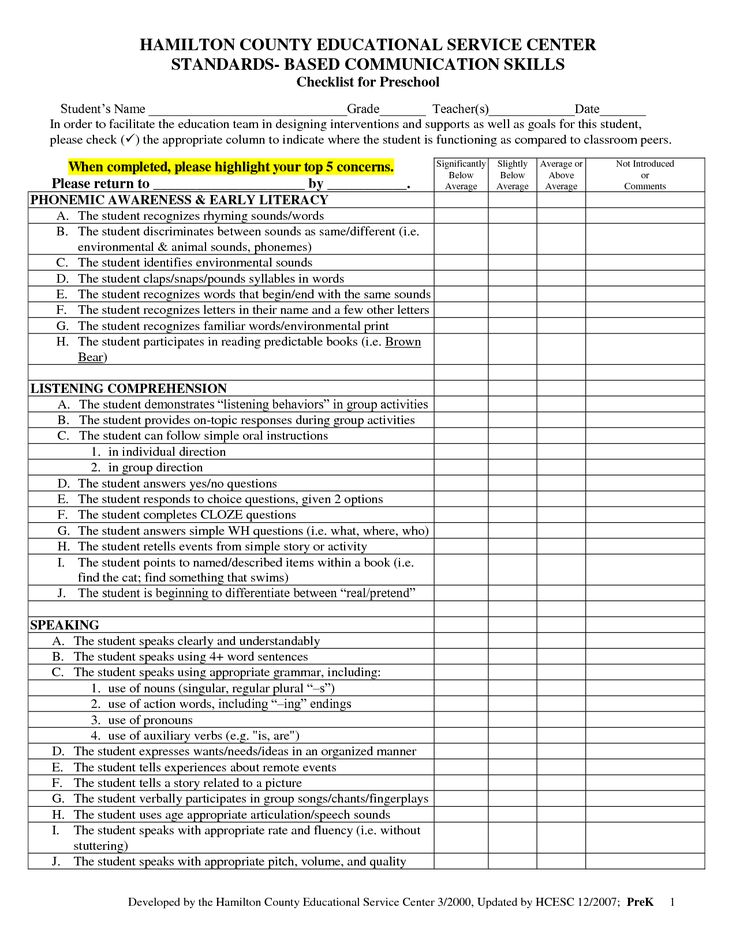 They will have constant and uncontrollable emotional outbursts. They are easily provoked by trivial tasks, causing emotional crises for several hours.
They will have constant and uncontrollable emotional outbursts. They are easily provoked by trivial tasks, causing emotional crises for several hours.
Poor social skills: relationship problems. Children with low emotional intelligence have very few friends. Sometimes they don't have any friends at all. This is because they cannot establish mutual emotional bonds with others.
Self-absorbed: Children with low emotional intelligence want to be the star of every conversation. They are easy to spot because they talk the most. They always direct the conversation towards themselves. They seem to be the best.
In the presence of such manifestations in a child, it is worth getting a consultation with a psychologist. If the problems are associated with insufficiently developed emotional intelligence, then the child psychologist will offer a program for its development. If the cause is a likely mental disorder, then the psychologist will recommend contacting a child psychiatrist in order to accurately diagnose the underlying problem and start treatment in a timely manner.